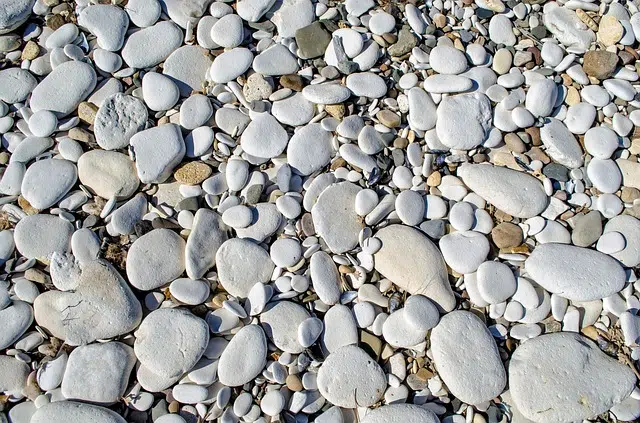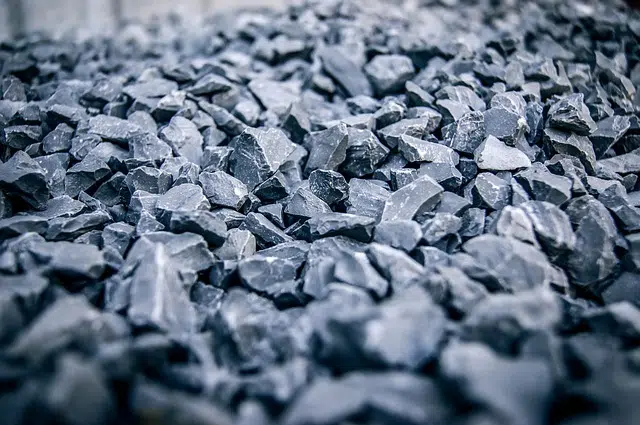
Weathering is a process that alters the position or state of a rock.
Weathering is the process that causes a modification of the natural state or position of a rock through a chemical, physical or biological action . Climatic conditions, water and air can cause these alterations.
Rock exposed to weathering suffers the loss of material that disintegrates. In this case, said material remains close to the rock, which does not move; With erosion , however, the remains are transported away from the place where the degradation occurred.
Weathering characteristics
Weathering involves the weakening and fragmentation of rock. After this stage, erosion can occur, with the collection and transfer of sediments by wind, water, etc.
It should be noted, on the other hand, that weathering can be considered synonymous with weathering . This is what the degradation or fragmentation of minerals is called due to their contact with the biosphere, the hydrosphere or the atmosphere.
We speak of chemical weathering to refer to the wear caused by a chemical change. Physical weathering (also known as mechanical weathering), meanwhile, is generated by a mechanical action on the rock. As for biological weathering , it is a consequence of the action of living beings on the mineral.
Chemical weathering
This process known as chemical weathering is what causes the decomposition or disaggregation of rock material and, as we mentioned above, it takes place due to chemical changes, more specifically those recorded in its own composition. Generally, at the moment in which oxygen and water touch the minerals of a rock, oxidation, hydrolysis, dissolution, carbonation and other chemical reactions are generated that lead to the emergence of certain minerals whose chemical compositions are different. different.
Chemical weathering is largely tied to the type of rock, the chemical reaction taking place, and the temperature . Regarding the reactions, let's see below a brief description of the four mentioned above:
* oxidation : occurs when minerals in the rock (especially iron) interact with oxygen;
* hydrolysis : in this case, the interaction takes place between the minerals and the ions that come from the decomposition of water;
* dissolution : this chemical reaction requires the presence of acids (which usually come from acid rain ), and that these come into contact with the minerals;
* carbonation : carbon dioxide is fixed in the stones and becomes part of their composition.
Physical weathering
The rock fragments into small pieces, something that increases its exposed surface area and, therefore, leaves it more vulnerable to the effects of the weather. Temperature is one of the factors that can influence this case, more precisely its changes, expanding and contracting the rock.
Another important aspect of this type of weathering is the filtration of water through fissures and cracks, since when it freezes its volume increases considerably. The wind and sea waves are also forces that participate in this phenomenon .
Biological weathering
Among the living beings that can cause this wear are trees and other plants of a certain size, whose roots can fissure and crack rocks throughout their development. We also cannot fail to mention bacteria, lichens and mosses, which rest on rocks and can alter their surface through their metabolism.

Weathering can be biological, chemical or physical.
Effects of weathering
The effects of weathering reach greater or lesser magnitude depending on the characteristics of the rock. Due to its composition or texture, it can resist the consequences of this process in different ways.
It is important to mention that weathering affects the formation of soil . With the substances from the rocks that the process releases, variations in acidity and alkalinity are recorded on the surface.
